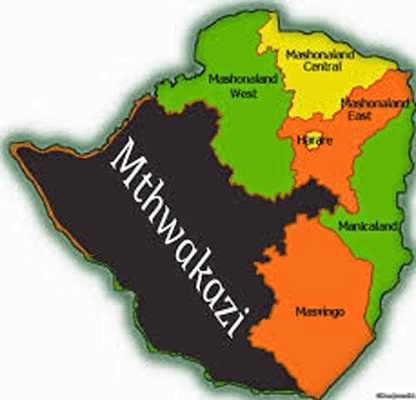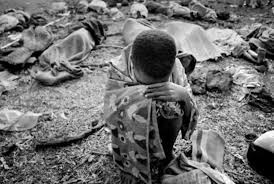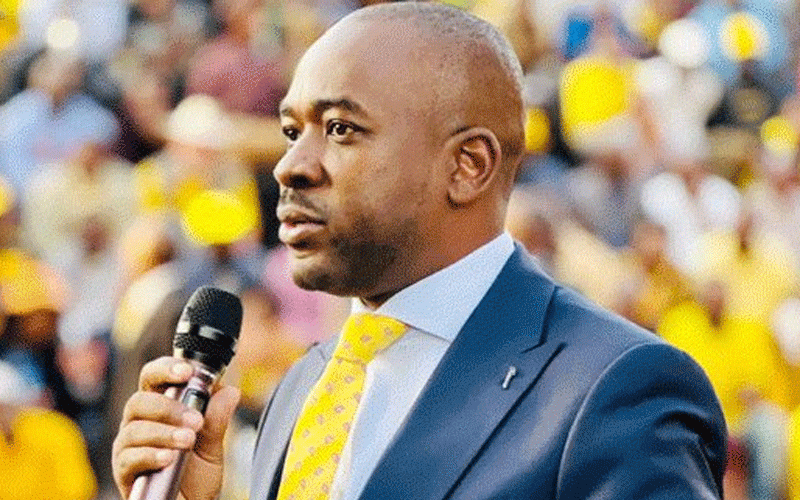
The ongoing cultural revolution among the AmaNdebele kaMzilikazi has reignited discussions around the term Mthwakazi, a name deeply intertwined with their identity and history.
This term, resonating across generations, has become the symbol of a collective identity — a national branding under which a diverse group of people rally.
However, its prominence has also sparked controversy, with some vehemently opposing its use and declaring that “Mthwakazi will never happen.”
But why such strong emotions over a name that has existed for centuries?
At the heart of this opposition lies political contention. The Mthwakazi Republic Party (MRP), led by Mqondisi Moyo, has amplified the name Mthwakazi through its political ideology advocating for secession. While this has drawn attention to the term, it has also invited criticism from those who associate the name with separatist aspirations.
Consequently, even when Mthwakazi is invoked in cultural or historical contexts, detractors bristle at its mention. Yet, the term’s significance transcends politics; it is a reflection of a rich and diverse heritage.
The genesis of Mthwakazi
The name Mthwakazi has a deep historical foundation, with two prominent accounts explaining its origin.
- Hard work finally pays off for golf starlet Nyamukondiwa
- Liberation war stalwart pens political book
- Hard work finally pays off for golf starlet Nyamukondiwa
- Munatsi: A smart distinguished banker
Keep Reading
Account 1: Umbuthwakazi — The great collection of nations
One school of thought ties the name Mthwakazi to Umbuthwakazi, meaning "the great assembly of nations." Under the leadership of King Mzilikazi kaMashobane, a remarkable coalition of ethnic groups — San, Tonga, Sotho, Tswana, Kalanga, Venda, Nguni, Nambya, Lozi, and others — was formed.
As this culturally and linguistically diverse group united under the leadership of the legendary king, he is said to have proclaimed, buka lombuthwakazi (behold this great assembly).
Thus, Mthwakazi came to signify this unique and inclusive nation. It is a term that speaks to the early vision of unity in diversity, making Mthwakazi arguably one of the first "rainbow nations" in southern Africa.
Account 2: The San woman and the legacy of Umuthwa Omkhulu
Another legend attributes the name to a San woman whose pivotal role in King Mzilikazi’s journey left an indelible mark on his legacy.
After departing from Zululand and enduring a long, perilous migration, King Mzilikazi eventually settled north of the Limpopo River and south of the Zambezi. This was, of course, after a 12-year stint in the Transvaal region of South Africa and beyond.
It was in the Transvaal that a group of about 500 warriors was magnified to more than 20 000 capable warriors. It was after the perilous attacks from the Voortrekkers (the Afrikaner community), the Griquas (Cape Coloureds), the Zulus under King Dingane, and the Sotho/Tswana Alliances that King Mzilikazi decided to embark on the last journey of his life — a sojourn that took him two years.
During this journey, a split in his group occurred, with one faction, led by Chief Khondwane/Gundwane, travelling with the king's children via Eastern Botswana facing the Limpopo River, while King Mzilikazi himself ventured northward into Zambia.
As the king endured a challenging two-year period, it is said that he fell ill and was cared for by the San people, who are referred to as AbaThwa in plural and UmuThwa in singular.
It is said that King Mzilikazi took a San woman as his wife, and her influence, coupled with her people’s support during his time of need, led to the creation of the term Mthwakazi, a combination of UmuThwa (San) and Kazi (denoting greatness or importance).
Whether this account is literal or symbolic, it underscores the inclusivity and interconnectedness that define Mthwakazi.
A name older than the nation
Regardless which account resonates more, both affirm that Mthwakazi is not a recent invention but a name that predates many modern political ideologies.
Its historical usage underscores its cultural and societal significance.
For instance, during the colonial era, the isiNdebele section of Radio 2 (now Radio Zimbabwe) was called "Radio Mthwakazi," highlighting the term’s broad acceptance even before Zimbabwe’s independence.
Additionally, Peter Sivalo Mahlangu’s 1957 book titled UMthwakazi further cemented its place in the national consciousness.
Lack of political understanding vs. cultural ownership
The current uproar over Mthwakazi stems largely from its political associations.
The MRP’s push for secession has led some to conflate the name with a political agenda. However, this perspective overlooks the cultural revolution that Mthwakazi represents.
The name is not merely a rallying cry for political groups but a symbol of identity for millions of people — San, Tonga, Ndebele, and others — who have proudly referred to themselves as AbeThwakazi for over two centuries.
To allow political disagreements to overshadow this cultural heritage would be a disservice to the historical significance of the term.
Indeed, political ideological differences must not dictate cultural identity.
For instance, do we stop calling ourselves African because some individuals on the continent have engaged in unsavory activities?
Similarly, do Zimbabweans abandon their national identity because of the actions of corrupt leaders? The logic is simple: a name rooted in cultural and historical pride cannot be dismissed because of political sensitivities.
A name that unites
Despite the deliberate misundertandings, Mthwakazi continues to unite people across ethnic and linguistic divides. Its meaning encapsulates the vision of King Mzilikazi — a collective identity forged from diversity.
This unity is particularly important in a region that has seen its fair share of division, both politically and socially.
The ongoing cultural revival among the AmaNdebele is not just about reclaiming a name but about restoring a sense of pride and purpose.
From the annual King Mzilikazi Day celebrations to efforts to preserve traditional leadership, the movement emphasises heritage and continuity.
As highlighted in previous discussions, cultural preservation offers solutions to modern challenges.
By grounding their identity in a shared history, the people of Mthwakazi strengthen their ability to tackle contemporary issues.
Mthwakazi: A name that lives on
The resilience of the name Mthwakazi over centuries underscores its significance. It is not merely a political term or a relic of the past but a living testament to a people’s history, culture, and identity.
For those who dismiss it or seek to suppress it, the reality is clear: Mthwakazi will never "happen" because it already has.
It exists in the hearts and minds of those who proudly call themselves AbeThwakazi.
As the AmaNdebele and other groups continue their cultural revival, the focus must remain on celebrating this shared heritage.
Political disagreements should not rob a people of their identity. Instead, the name Mthwakazi should serve as a reminder of what is possible when diversity is embraced and unity is prioritised.
In conclusion, Mthwakazi is more than a name; it is a legacy, a banner of unity, and a declaration of identity. Its significance transcends politics, rooted instead in the rich cultural tapestry of southern Africa. To deny its place is to deny history. To embrace it is to honor the spirit of a people who have always been, and will always be, AbeThwakazi.
*Luckson Ndlovu is a cultural commentator and advocate for heritage preservation in Zimbabwe, he writes in his own capacity.










